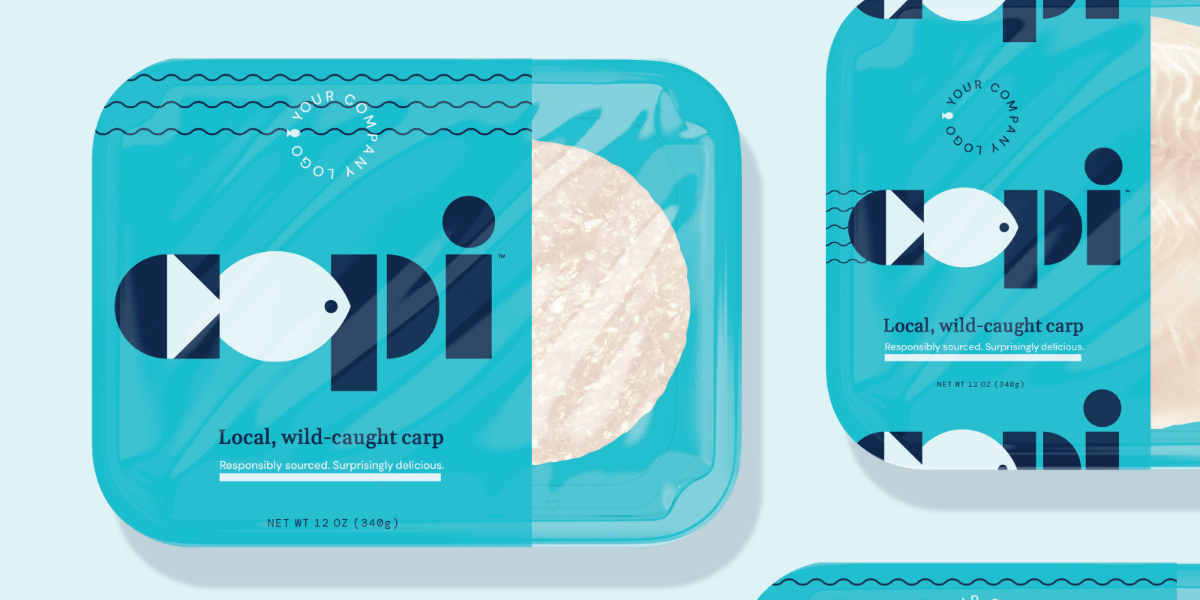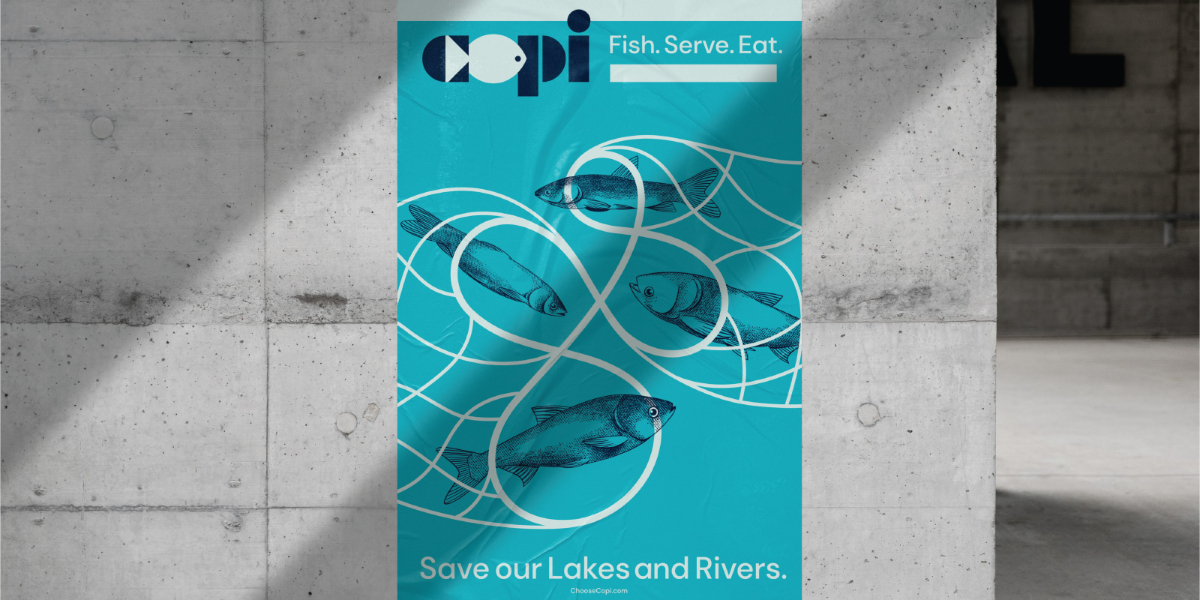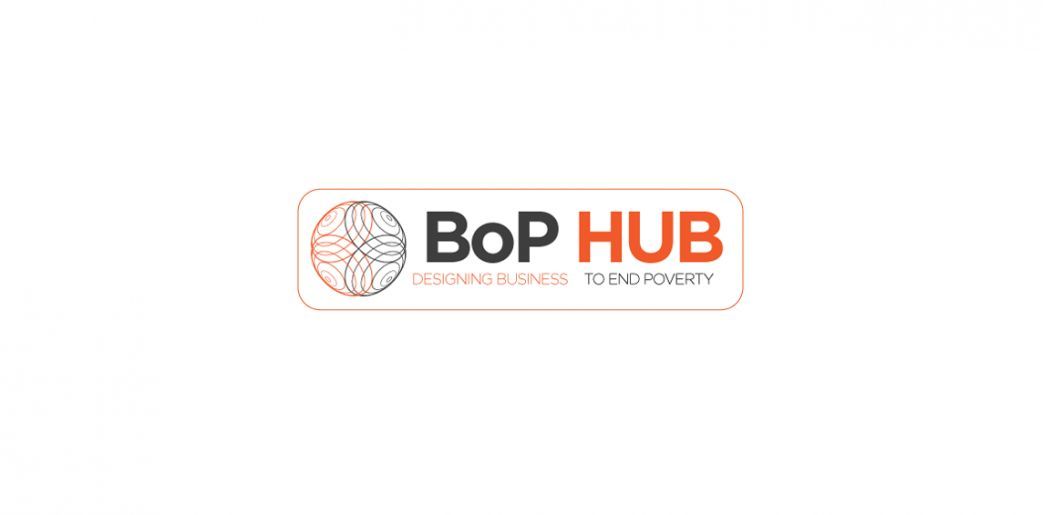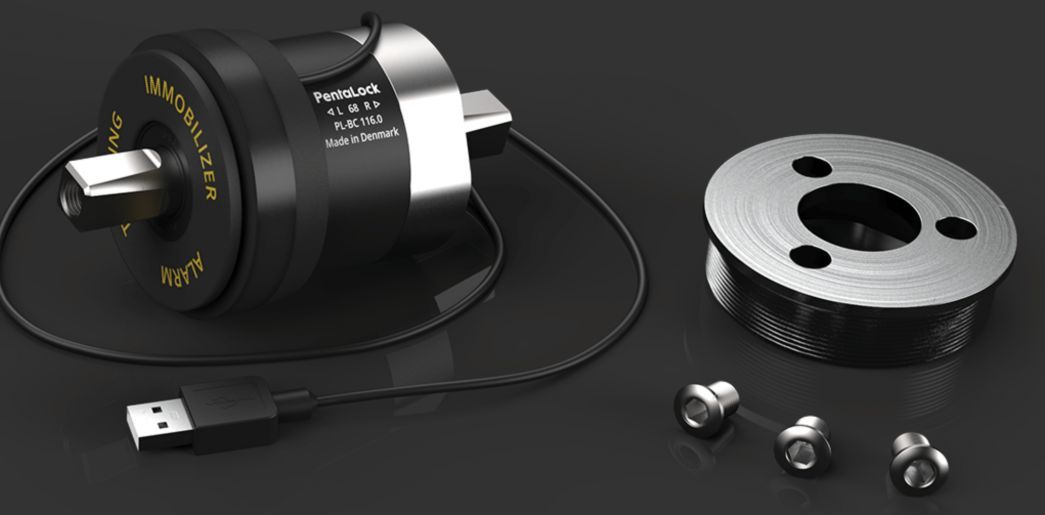AÑO
2023
CATEGORÍA
Comunidad
OBJETIVOS
Hambre cero, Salud y bienestar, Producción y consumo responsables, Vida submarina, Vida de ecosistemas terrestres
PAL. CLAVE
Environmental Impact, fresh water, healthy food, healthy living, anti-racism
PAÍS
United States of America
CRÉDITOS
Span, Nick Adam, Bud Rodecker, Avery Branen, Valeria Bernal, Suzie Shin, Tetra Tech
LINK
https://choosecopi.com/
Copi
The naming and identity design of an invasive species of fish
How does it work?
For thousands of years, these fish have been loved in cuisines worldwide. However, they were first introduced to North American waters in 1970 and were quickly vilified with a false name and narrative that created a negative perception. By introducing a new name backed by State and Federal government that is supported by a comprehensive identity system, we can tell the true story of a delicious, healthy-to-eat fish and why our environment needs us to eat more of the fish. Increased consumption of Copi is good for the environment, helping to restore Midwestern riverways and lakes with the return of native species, such as Walleye, Perch, and Lake Trout. In addition, the consumption of Copi ultimately protects the Great Lakes.
Why is it needed?
The Great Lakes are in danger of catastrophic impact from an invasive fish generically referred to as ‘Asian carp.’ Several stopgap measures — such as billions spent on barriers to prevent the fish from spreading further — have been implemented, but these fish still threaten the Great Lakes. The fish will severely damage the vulnerable ecosystem if they aren’t stopped.
How does it improve life?
Copi’s name and identity design tell a truthful story about one of the world’s healthiest fish to eat. The design materials and website build trust in the food hub for fish processors and distributors to support the environmental effort by carrying healthy to eat fish. Introducing a lesser-known fish to the regional food hub makes a high-quality protein available at affordable prices. The increased demand helps rebuild the midwest's struggling fishing industry. Removing large sums of these invasive fish from the U.S. freshwaters is an act of conservation and helps restore the damaged ecosystems of these waters and native fish populations. The new name that Span created with ecologists removes the needlessly radicalized language on which the previously used, generic term was centered. Removing radicalized language reduces hate and harm, subsequently aiding in belonging.





